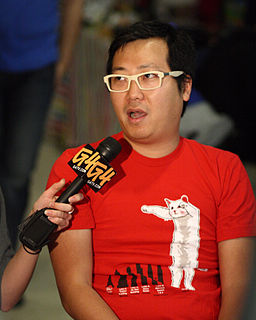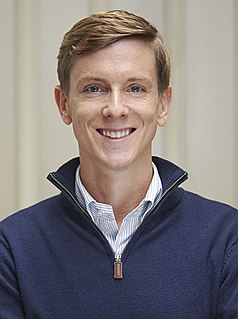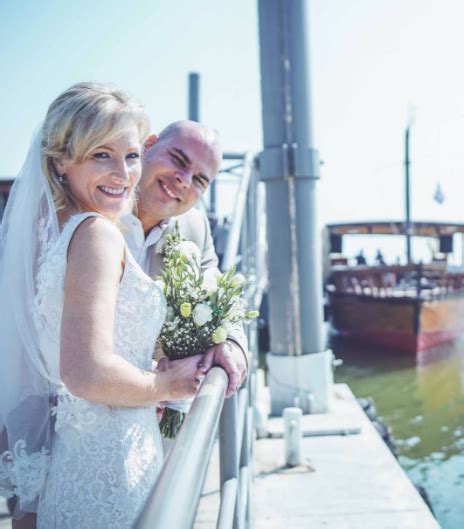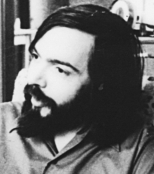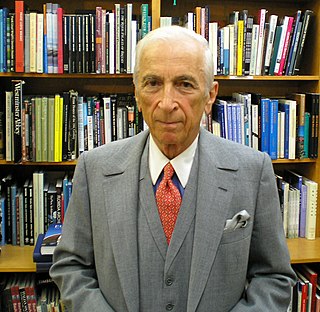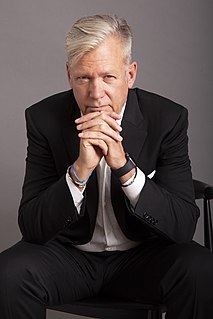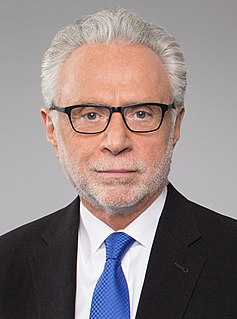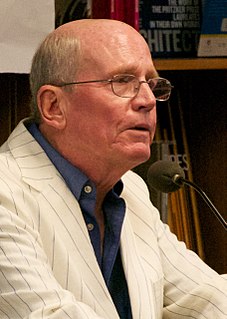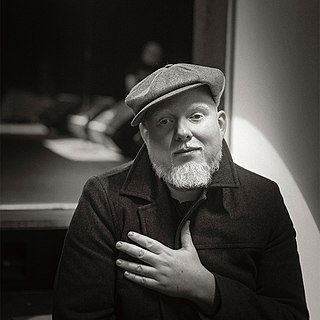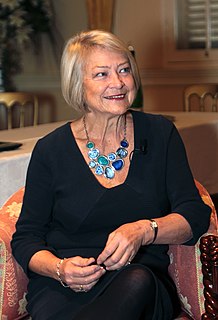Top 1200 Investigative Journalism Quotes & Sayings - Page 17
Explore popular Investigative Journalism quotes.
Last updated on December 19, 2024.
I do prefer doing more takes. There's something very organic that comes from the first take, but certain things come out. More details come out, in the way another actor says something. It's always this investigative process. You come further and further to the truth, the more you escalate. I like to do a lot of takes. I have a hunger for it. I like to see what there is to discover in a scene, that hasn't been thought of.
You’re not the only one who calls them that; the other Downworlders do the same,” said Will. “I discovered that fact while investigating the symbol. I must have carried that knife through a hundred Downworld haunts, searching for someone who might recognize it. I offered a reward for information. Eventually the name of the Dark Sisters came to my ears.” “Downworld?” Tessa echoed, puzzled. “Is that a place in London?” “Never mind that,” said Will. “I’m boasting of my investigative skills, and I would prefer to do it without interruption. Where was I?
It may be true that encryption makes certain investigations of crime more difficult. It can close down certain investigative techniques or make it harder to get access to certain kinds of electronic evidence. But it also prevents crime by making our computers, our infrastructure, our medical records, our financial records, more robust against criminals. It prevents crime.

